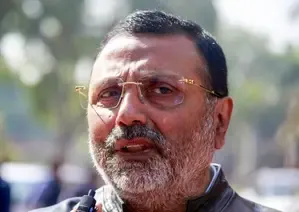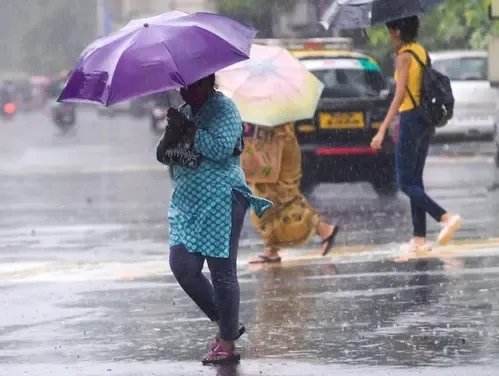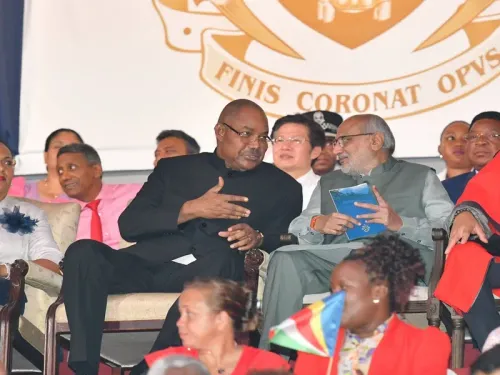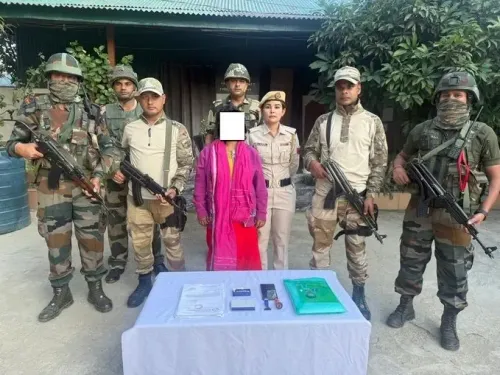BJP's Nishikant Dubey Calls for Parliament Shutdown if SC Takes on Lawmaking Role

Synopsis
Key Takeaways
- Nishikant Dubey criticized the judiciary's lawmaking role.
- The Supreme Court is reviewing the Waqf Act.
- Petitioners claim the Act violates constitutional rights.
- The Centre assured no non-Muslims will be appointed to Waqf Boards.
- The next hearing is scheduled for May 5.
New Delhi, April 19 (NationPress) BJP MP Nishikant Dubey ignited a debate on Saturday with a provocative remark aimed seemingly at the judiciary during the ongoing Supreme Court examination of the Waqf (Amendment) Act, 2025.
Dubey challenged the judiciary's involvement in legislative processes, implying that if the courts take on lawmaking responsibilities, the role of Parliament would be rendered useless.
The Supreme Court commenced hearings on a series of petitions on Wednesday that contest the constitutional validity of the recently amended Waqf Act, which had been approved by both houses of Parliament earlier this month. Petitioners contend that certain provisions—such as allowing non-Muslims on Waqf Boards and permitting alterations to “Waqf by user” properties—breach fundamental constitutional rights.
Taking to the social media platform X, Dubey posted in Hindi (translated to English): "If the Supreme Court is going to create the laws, then the Parliament should be closed down."
The statement was broadly interpreted as a subtle critique of the judiciary's role in reviewing and potentially halting elements of the legislation.
During the proceedings, the apex court acknowledged significant assurances from the Central Government. The Centre assured the bench that no non-Muslim individuals would be appointed to any Waqf Boards or Councils until the court issues further directives. Additionally, the government pledged that no Waqf properties, including those categorized as 'Waqf-by-user', would be removed from official records or have their classifications changed by District Collectors in the interim.
The top court had previously suggested that it might stay certain provisions of the amended Act, including those concerning Waqf-by-user, the inclusion of non-Muslims in the Waqf Boards and Council, and the authority of the Collector to alter the status of disputed Waqf lands.
However, after recording the assurances from the Centre, the Supreme Court granted the Union Government one week to submit a preliminary response, along with all pertinent documentation. The next hearing has been scheduled for May 5.









